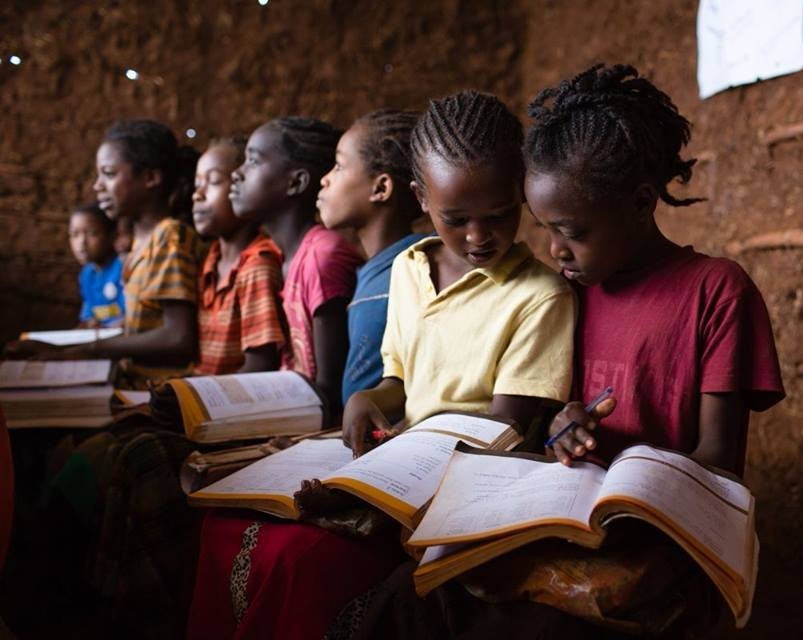Psychology and Economics of Poverty Convening 2023

Credit Magalie L’Abbé
A growing body of research is revealing new insights into the psychological consequences of poverty and its potential impacts on social and economic development. Through collaborations across psychology, economics, and other disciplines, this work is producing evidence with the potential to shape programs and policies designed to improve lives and promote well-being.
On Friday, April 14, 2023 CEGA’s fifth annual Psychology and Economics of Poverty (PEP) Convening brought researchers, implementing partners, and policymakers together to share original work in this space. This all-day event was held in person in at UC Berkeley with the option to watch virtually.
Agenda
Speakers denoted by italics and an asterisk. Please find a PDF of the agenda linked here as well as slides and recordings linked below.
Welcome and Keynote Address
Of Pandemics, Policies and Culture Change: Family Economics and the Well-Being of Young Children
Philip Fisher, Graduate School of Education, Stanford University*
Session 1 – Mental Health: Exploring Environmental Factors, Interventions and Socio-Economic Outcomes
**Maternal Depression, Biased Beliefs, and Parental Investment
Victoria Baranov, University of Melbourne (Economics)*
**This presentation was only available to in-person attendees.**
Treating Mental Health Conditions Improves Labor Market and Other Economic Outcomes in Low and Middle-Income Countries
Crick Lund, Kate Orkin, Marc Witte, Thandi Davies, John Walker, University of Oxford (Development Economics)*, Johannes Haushofer, Sarah Murray, Judy Bass, Laura Murray, Vikram Patel
From Drought to Distress: Examining the Mental Health Consequences of Water Scarcity in Ethiopia
Richard Freund, University of Cape Town (Economics)*
Moderator: Gautam Rao, Harvard University (Economics)*
Session 2 – Psychology of Poverty: Theoretical Work
The Economics of Financial Stress
Dmitriy Sergeyev, Chen Lian, UC Berkeley (Economics)*, Yuriy Gorodnichenko
Climbing Out of Poverty: The Role of Implicit Theories of Opportunity
Paul A. O’Keefe, Yale-NUS College (Psychology)*, E. J. Horberg, Fiona Lee, Carol S. Dweck
Session 3 – Financial Stress and Cash Transfers: Psychological Impacts
**Cash Transfer and a Psychological Intervention: Impact on Women’s Empowerment
Mahreen Mahmud, Kate Orkin, Emma Riley, University of Washington (Economics)*
**Household Response to Cash Transfers: Evidence from a Randomized Experiment in Compton, California
Sidhya Balakrishnan, Sewin Chan, Sara M. Constantino, Northeastern University (Psychology, Public Policy)*, Johannes Haushofer, Jonathan Morduch
**These two presentations were only available to in-person attendees.**
Customized Cash Transfers: Financial Lives and Cash Flow Preferences in Rural Kenya
Carolina Kansikas, Anandi Mani, University of Oxford (Economics, Public Policy)*, Paul Niehaus
Moderator: Marcel Fafchamps, Stanford University (Economics)*
Session 4 – Agency Fund Lighting Talks: Applying Psychological Insights
This session showcased works-in-progress work-in-progress focused on real-world programs supported by the Agency Fund, which invests in high-impact, scalable projects to expand people’s agency over their own lives. Attendees were invited to provide feedback on questions posed by the presenters.
From Beneficiary to User: Changing the Lens of Education Programs for Students from Socio-Economically Disadvantaged Backgrounds
Pratibha Narayanan, Head of Design, Involve Learning Solutions Foundation*
Project description and contact info
Designing a Digital Portal for Delhi’s Construction Workers Social Security Scheme
Hitesh Kukreja, Operations Lead, Indus Action*
Project description and contact info
Measuring At-Scale Social Emotional Learning Programs for 2.4 Million Public School Students in India
Richa Gupta, Co-Founder and CEO, Labhya*
Project description and contact info
Behavioral Nudges to Improve Malnutrition Treatment
Jennifer Ostrowski, Research Director, The Taimaka Project*




